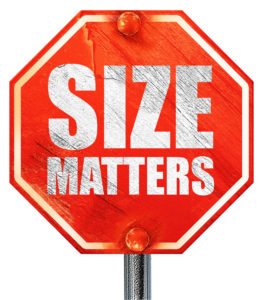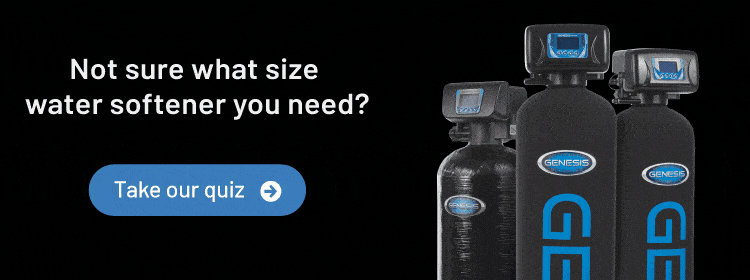Compare Water Softener Features
Posted by Discount Water Softeners on Dec 11th 2018
All Water Softeners are Not Created Equal
Hard water is a common problem in households. A water softener installation can make those problems disappear. Softeners eliminate impurities and remove minerals like calcium and magnesium from the water supply. Softening water extends the life of appliances and cuts down on maintenance. It also makes washing clothing and dishes easier, and saves money.
With countless options of water treatment systems available, it’s hard to narrow down choices without knowing what to look for. All water softeners are not created equal and finding the right one requires homeowners to do a bit of research.
Features, prices, and warranty levels can vary quite a bit from system to system. It’s important to note the different capabilities so that optimal water treatment can be achieved for the specific needs of each household.
There are several questions every homeowner should ask before purchasing a water softener system.
- What is the size and filter capacity?
- How does the system operate?
- What is the cost of upkeep and has it been tested and certified?
The best water softener will operate at high efficiency, removing hardness with the least amount of waste.
Water Softener Sizing
When determining the correct size water softener, there are two factors to consider. Hardness (must factor in iron for well water customers into hardness) and the number of people that live in the home are the two determinants. The actual cubic footage of the system is how to measure the capacity. Filtering capacity is the unit’s ability to remove the minerals causing the hard water.

Water softeners work on the premise that bigger is not better. Finding the accurate size for a system is done by testing the water and calculating the average water usage of soft water per month.
The difference between water softener sizes is capacity, which is defined by the maximum number of grains of hardness (GPG, ppm, mg/L) the unit can remove from the water per cycle or regeneration.
All water softeners use water and salt (most can use potassium) to remove hardness. The difference is found in the efficiency of a system. Water softener reviews of the Fleck and Genesis water softener systems highlight this difference.
Based on salt usage for each regeneration, households can save money by using the higher efficiency Genesis water softener, which requires considerably less salt, and far fewer gallons of water. Minimizing waste and water usage cuts down on the costs of operation, saving homeowners hundreds of dollars per year.
Not sure what size water softener you need? Take our quiz!
Upflow vs. Downflow
Although water softener systems may look similar in appearance, the technology used to treat hard water is often quite different. For example, a 48,000 grain capacity system with older, downflow technology may use double the amount of salt and water than a 48,000 grain capacity softener with modern, upflow technology.
Systems like the Fleck water softener use downflow technology. In this process, the water enters from above and flows down through the resin. The problem with this older technology is that the system has to be completely flushed every regeneration, which wastes the reserve capacity if unused.
Downflow systems also require backwashing every regeneration--whether on municipal (paid water with chlorination) or private well. The result is much higher water usage that goes down the drain or into septic systems unecessarily. Downflow also brines for the entire capacity, so it flushes the reserve each regeneration whether it was used or not.
The Genesis water softener systems use newer, upflow brining technology in which water is directed in an upflow direction. Upflow technology cuts down on salt and water usage by regenerating the precise amount needed and preserving the reserve capacity if unused. When on municipal water supply (you pay for water), the upflow only backwashes every 10 regenerations. These advantages significantly cut down on waste.
Timered, On Demand, Warranties and NSF Certifications
Some softener systems operate on number of days versus number of gallons used. This manual operation forces regeneration whether the capacity is fully used or not. These timered softeners are inefficient due to regenerating based on days rather than capacity usage. The result can be either running out of soft water or flushing away capacity.
A water softener that regenerates based on demand is much more efficient because it operates based on water usage and ensures all capacity is used. A water softener that counts the gallons of water used is precise and efficient.
Warranties are another area where buyers should be selective. A reliable system with a great warranty can save homeowners on future repairs or replacement. It’s always beneficial to read the fine print and look for the longest warranties that are offered.
Product certification by the NSF guarantees that claims made by the manufacturer have been verified. The NSF performs third-party testing for safety, quality, and performance of water treatment systems. Softener systems bearing the NSF seal shows that it’s been through a comprehensive evaluation process. It’s never a bad idea to check on product quality before making this kind of investment; look for the NSF seal on the packaging or directly on a water softener.
Compare Water Softener Features and Prices Before Buying
Price alone shouldn’t be the final consideration in choosing a water treatment system. Spending a ton of money won’t guarantee efficiency. Taking the right steps before purchasing will help buyers choose the right home solution for dealing with hard water and meet budget requirements.
Installing the right system for your home is important. Fortunately, the choice becomes a lot easier when armed with the facts. Matching a home’s water quality and usage to properly size a water softener will minimize salt and water usage while maximizing efficiency.
Hard water is a reality for 85% of American homes, but the problem can easily be corrected with the right approach. To compare water softener features, buyers should know the specific requirements of their household and keep in mind that all water softeners are not created equal. Eliminating hard water is as simple as installing the correct softening system.


